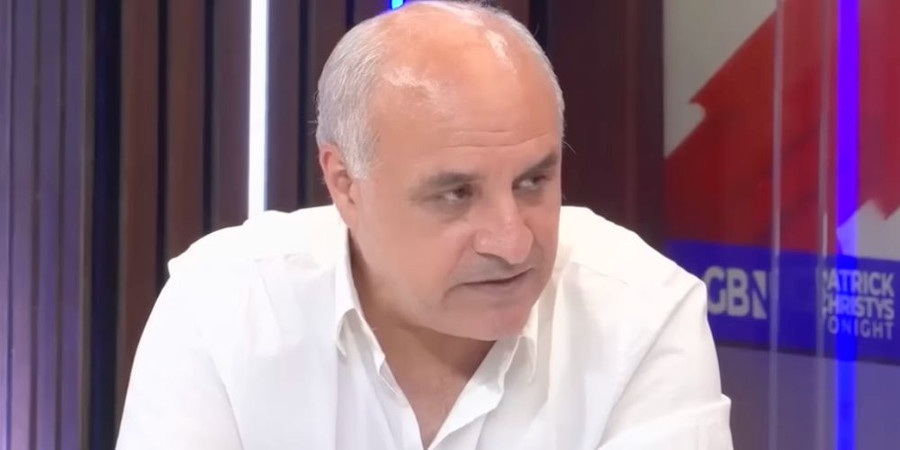SACRAMENTO — On governance and budget matters, Gov. Jerry Brown has earned a reputation for being reasonable and moderate (by California standards). Even many Republicans describe him as the “last adult” in the Capitol, given his refusal to embrace far-reaching programs. Yet when it comes to global warming, the governor is anything but measured these days.
“God is not mocked…,” Brown said (based on his published text), quoting St. Paul’s letter to the Galatians, during his talk this week to a Vatican symposium on climate change. “And what St. Paul said in reference to God, we can also say about God’s creation. We have heard what we’re doing to that creation, what a trillion tons of CO2 and greenhouse gases will do. And that text that God is not mocked is not susceptible to compromises, to regrets. It’s inexorable, it’s absolutes.”
He also stepped up the ad hominem on his climate-policy critics — accusing them of spending millions of dollars promoting propaganda and of “falsifying the scientific record” (even though some scientists who promote global warming also have been accused of manipulating data.)
Brown used words more reminiscent of Old Testament warnings than New Testament apologetics: The Earth may have already gone past the “tipping point” where the climate is changing too rapidly to reverse course. Humanity may face “extinction.”
I’m not trying to argue over global warming in this column. Most climatologists believe global warming is real. A minority makes persuasive alternative cases, but the political argument is over. Most Western politicians are committed to combating it. Polls show most Californians are supportive of Brown’s policies provided they don’t cost them too much. That’s the political reality.
But Brown’s rhetoric leaves little room for debate over specifics. And the devil always is in details. When one’s opponents are tools of well-financed interests or mockers of the Almighty, it’s hard to have rational debate. Same goes when humanity faces extinction. I rarely trust those of any political or religious stripe who speak in fundamentalist-type absolutes.
Even if man-made global warming is an absolute truth, does that mean that, say, the governor’s plan to build a $68-billion-plus bullet train is a good idea for combating climate change? Credible research suggests high speed rail will not do much to reduce global-warming-causing pollutants.
An Assembly committee recently passed SB 350, which puts into place (by 2030) Brown’s goal of reducing gasoline use in automobiles by 50 percent, increasing utilities’ use of renewable energy by 50 percent and increasing energy efficiency in buildings by 50 percent. The California Air Resources Board would have power to make this happen. Is it beyond debate to wonder about government accountability as a bureaucracy gains vast new powers?
Economically prosperous societies can spend more money to fight long-term climate threats than poor ones. New technologies, which sprout up in booming economies, are cleaner than old ones. So if critics call for a look at economic costs and benefits of these policies, does that make them “troglodytes,” the pejorative Brown has used?
If one notes the land-use policies he champions (forcing most new development onto tiny lots, setting aside most land as open space, etc.) increases the price of real estate and therefore exacerbates California’s poverty problem while (arguably) doing nothing to combat warming, that doesn’t make one a propagandist. It’s just another reasonable point of view.
Even Pope Francis disagrees a bit with Brown’s signature anti-global-warming policy — the cap-and-trade system that imposes a cap on manufacturers’ emissions and forces them to buy credits. To the pope, that system isn’t radical enough, because it “may simply become a ploy which permits maintaining the excessive consumption of some countries and sectors.”
Such words reinforce a valid concern that a goal of many climate activists is to dramatically change our lifestyles. “Greenhouse gas emission reduction does not require changing people’s lives,” said Wendell Cox, an Illinois-based public-policy consultant who specializes in housing affordability and transportation.
That’s the debate we ought to be having, but it’s increasingly hard to do so in California when our usually balanced governor calls critics names and speaks in absolutes.





